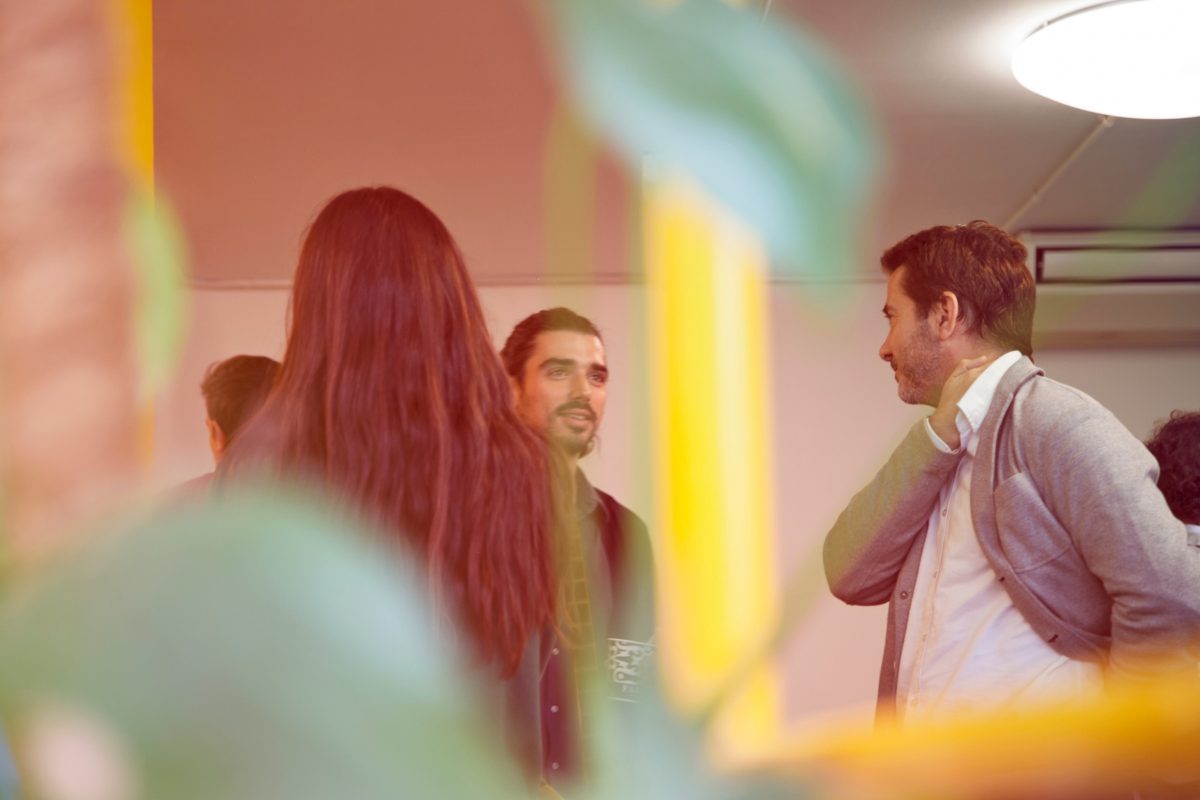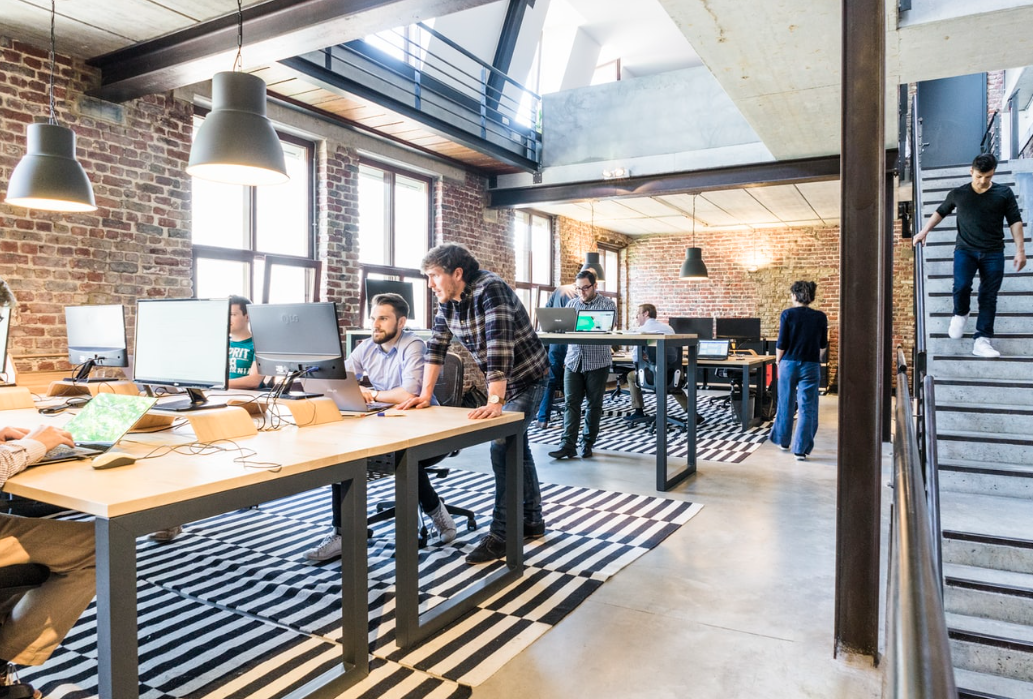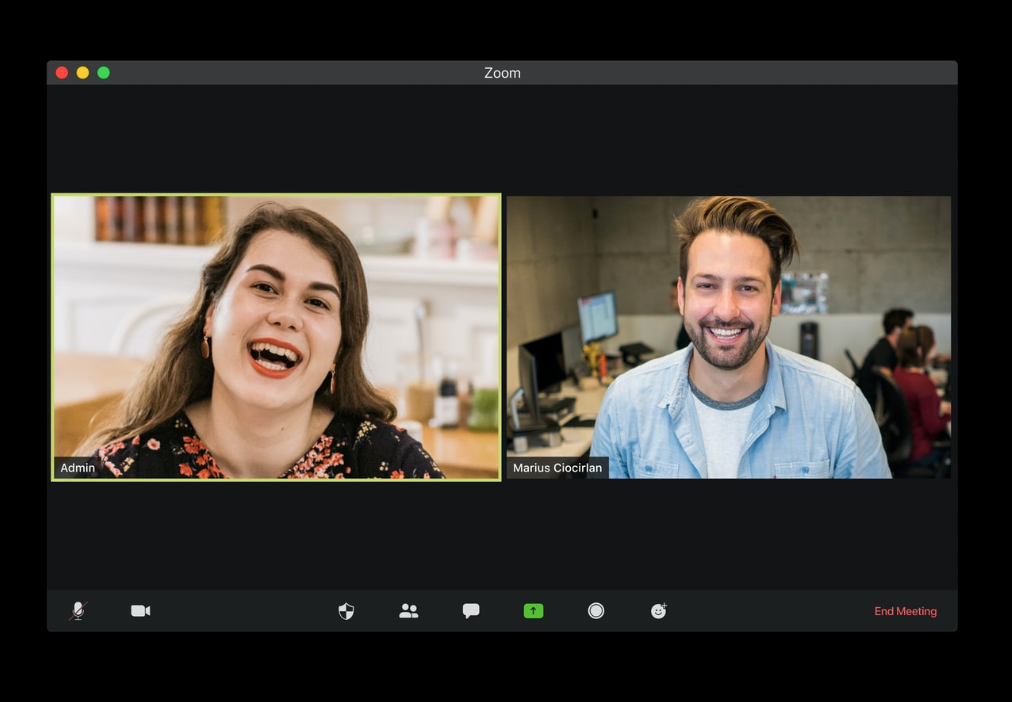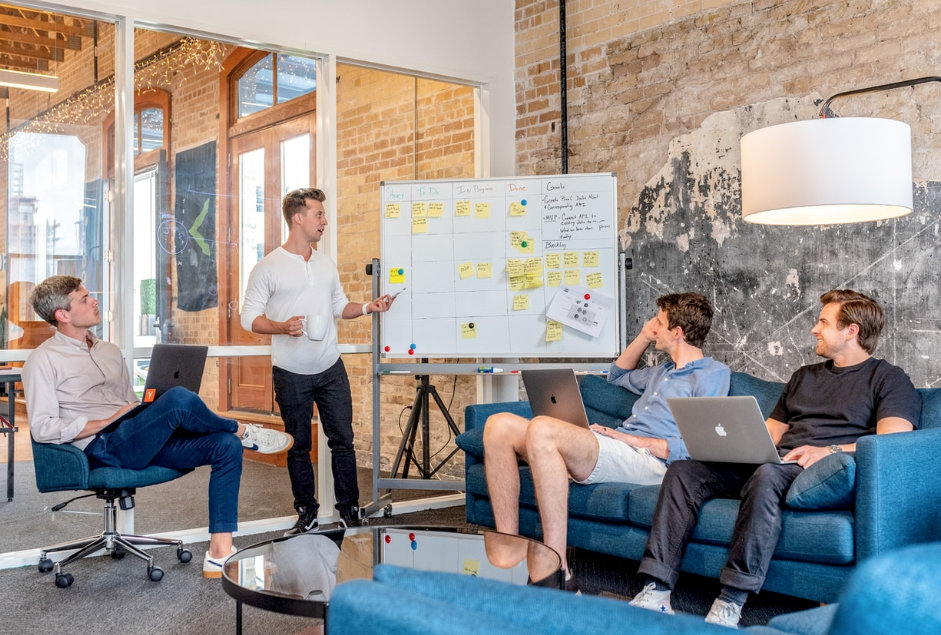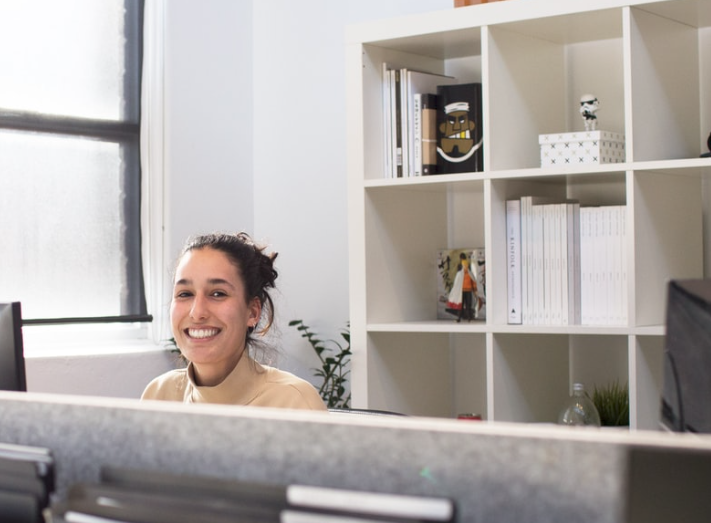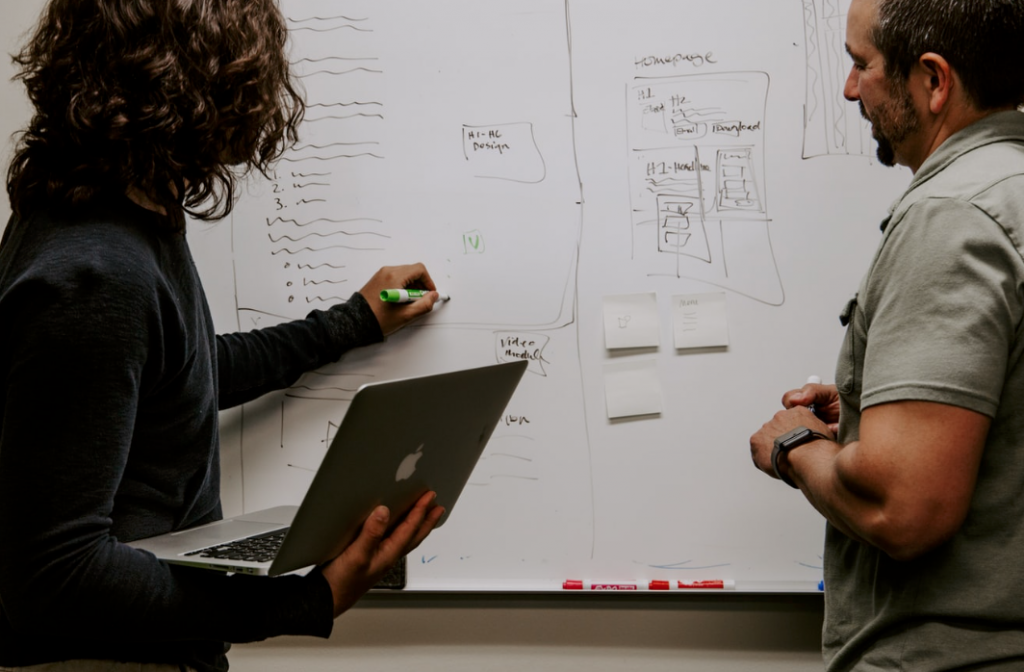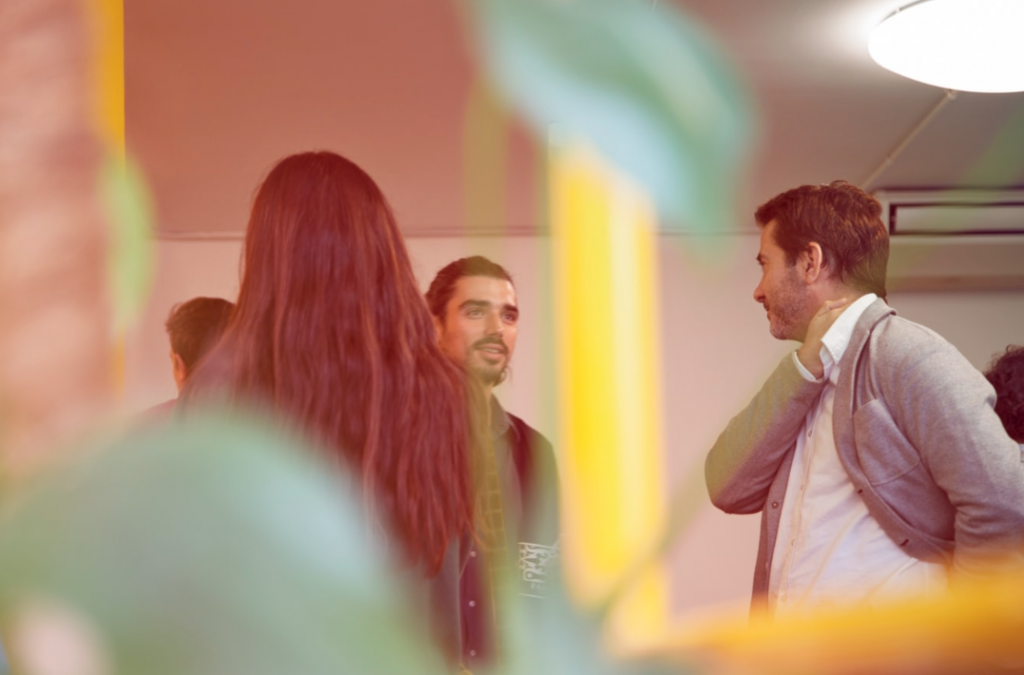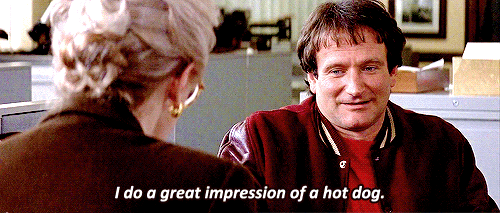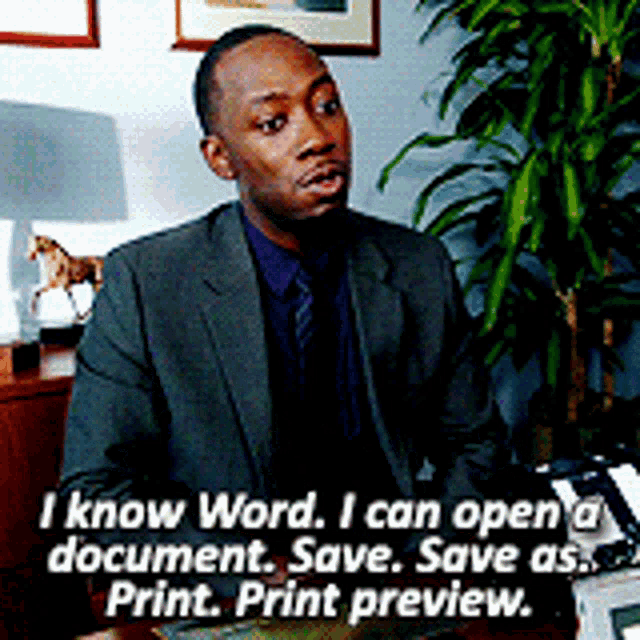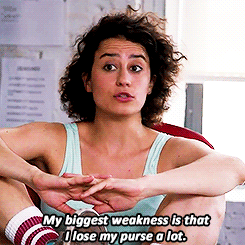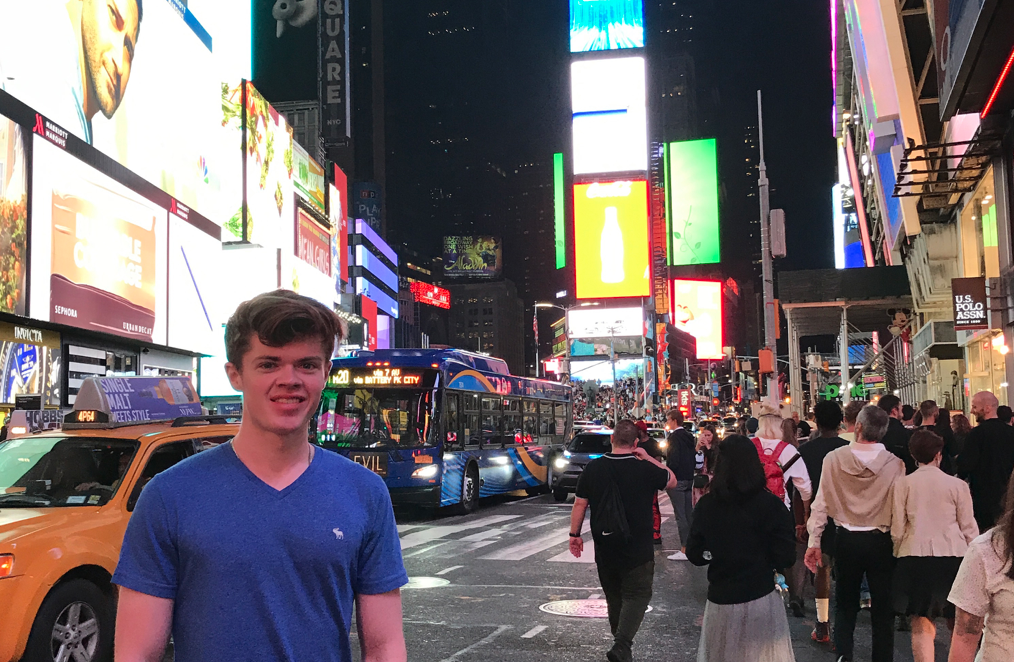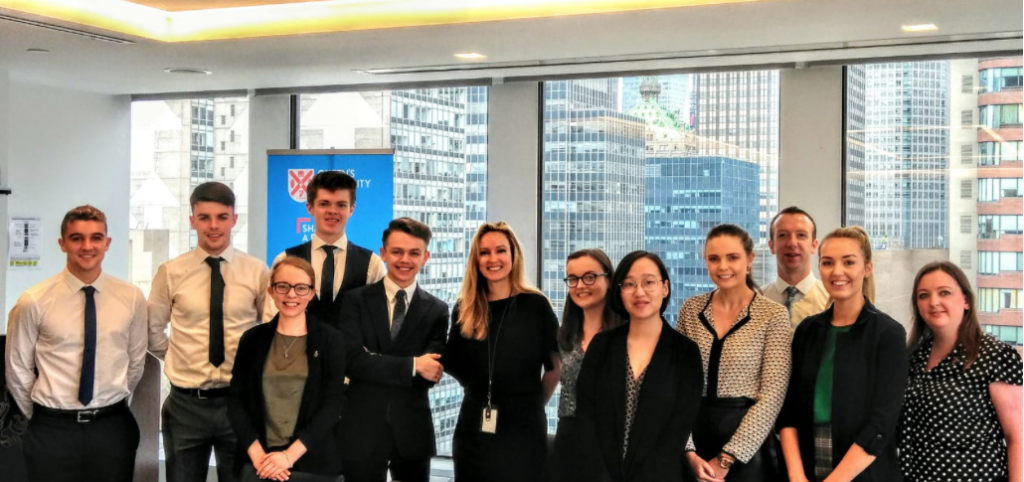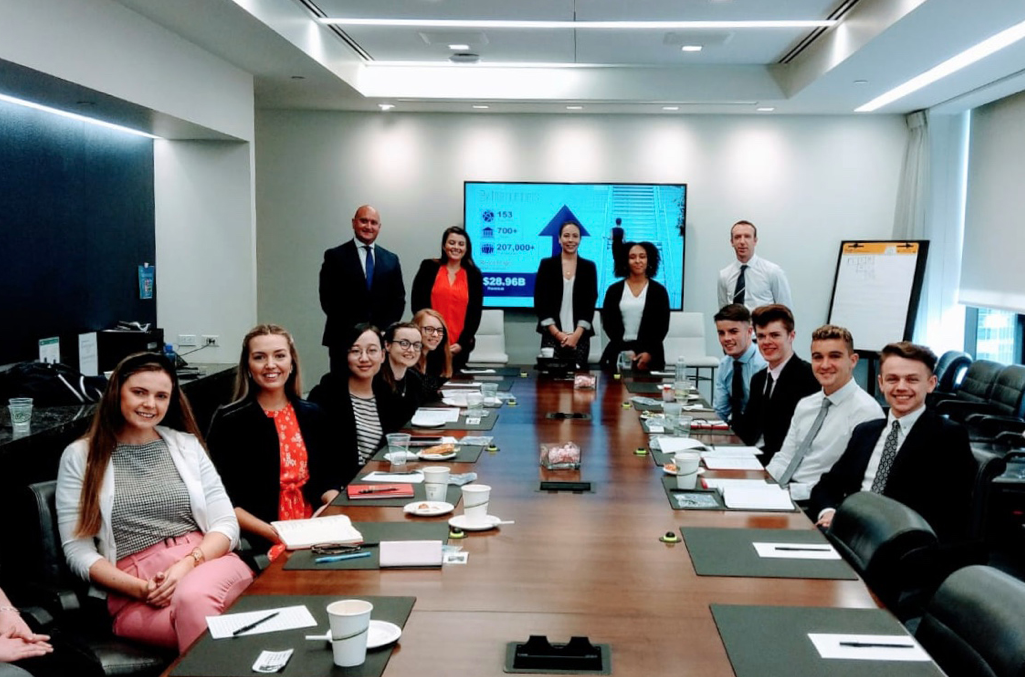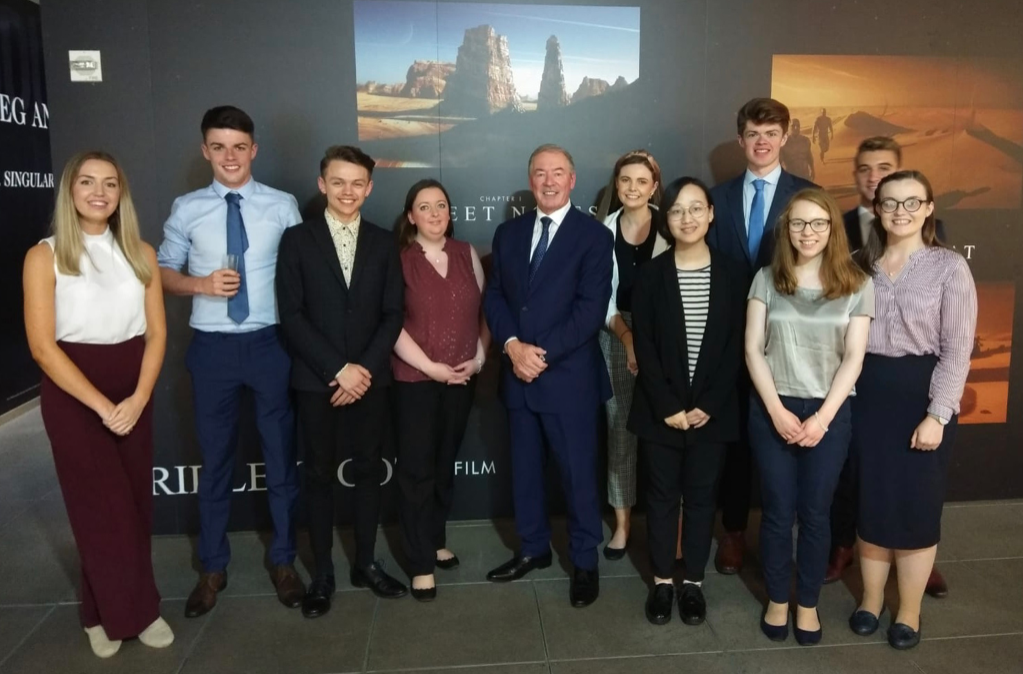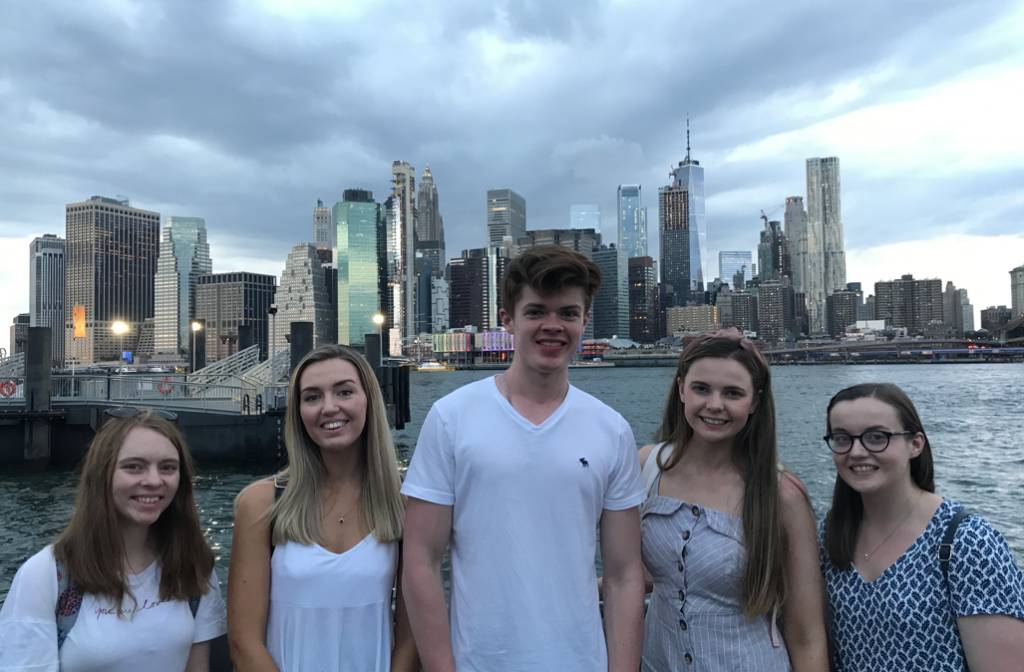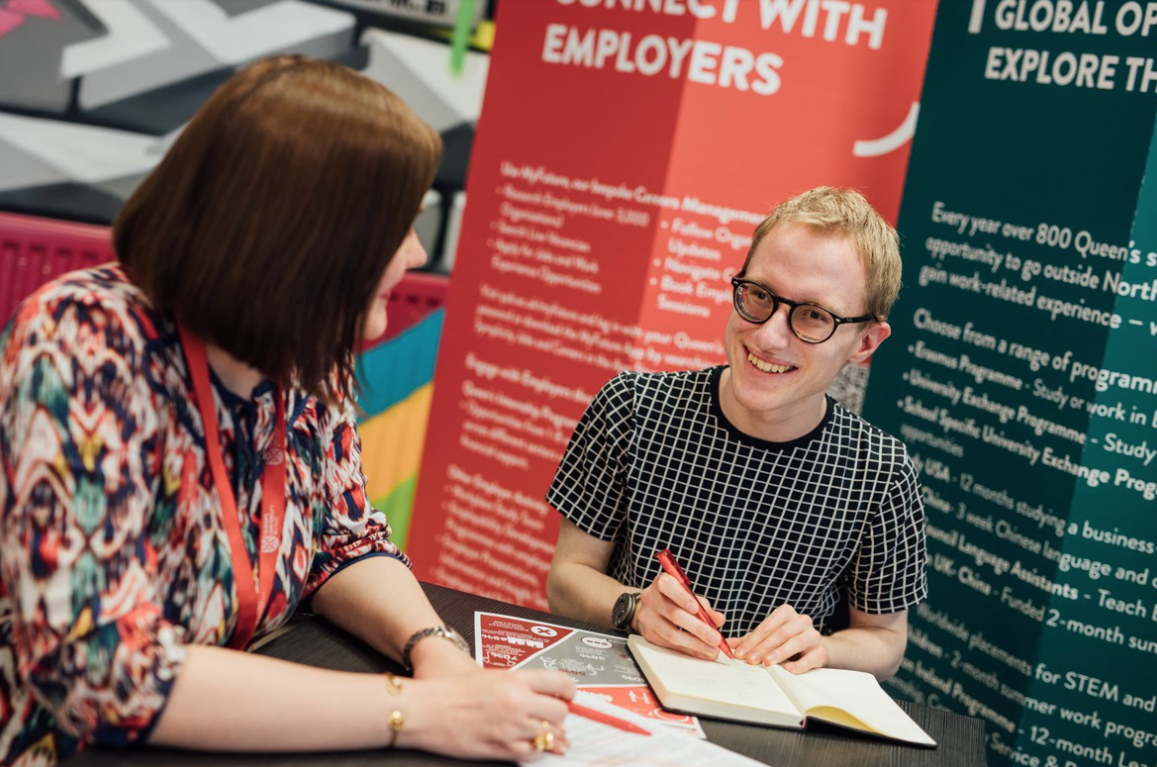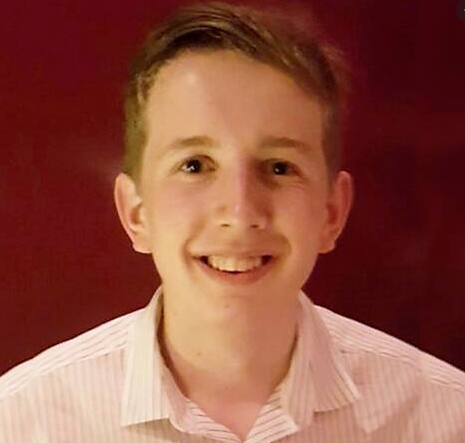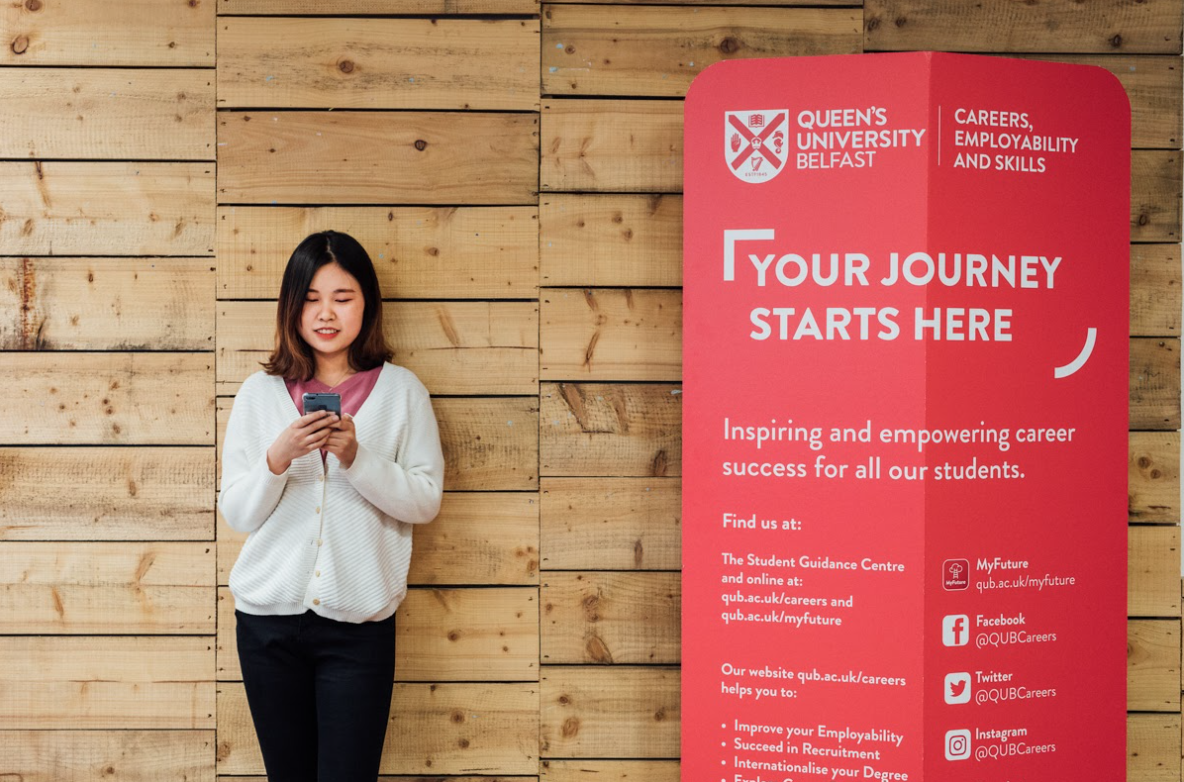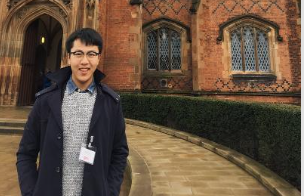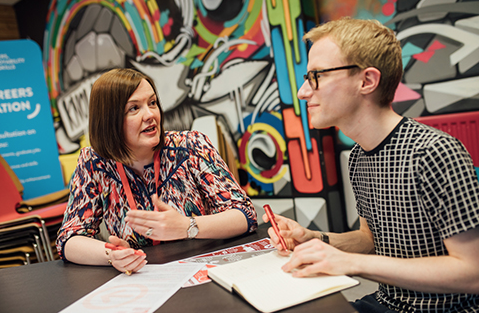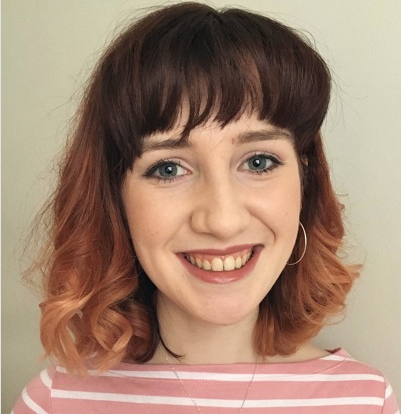Our alumni session gathered together four successful graduates who told Rachael Corridan about the career lessons they’ve learned since leaving Queen’s. Here is what they had to say.
“Every rejection is a learning experience”
Niall McLaughlin, kdb+ developer, AquaQ Analytics

“I studied Chemistry at Queen’s and obtained valuable skills such as analytical skills, great communication skills, problem solving and adapting to new challenges. After graduation, I spent some time working as a chef, this was extremely beneficial as it’s placed me in a high pressure environment where time, teamwork, efficiency and multitasking were all critical to the day to day tasks. These experiences have helped me grow as a person and I now feel fully equipped to handle anything life throws at me.
“Don’t put too much pressure on yourself; you will get there. I had a non-traditional route to a grad job, which taught me a lot of transferable skills. Take every rejection as a learning experience and learn to be the best version of yourself.”
“Develop your soft skills until you find the right job”
Jack McCloskey, Seagate

“I graduated Mechanical Engineering in 2019. On the back of my placement, I did an employer project with Seagate. After graduation, I developed soft skills through part-time jobs, volunteering, interview skills and travelling until a graduate job eventually came up. There are good and bad points about working in your placement company. You are familiar with the working environment, but you are straight in the deep in working with senior management.”
“Working as part of a team is so important”
Zachery Jordan, First Deriviatives

“Make the most of the transferable skills you have gained from part-time jobs; it’s so important to work as part of a team and be coherent in the ideas you are putting across.”
“Explore your options; squeeze every opportunity”
Michael Kelly, IBM London

“There will never be a graduating class like this one, but the world will not pass you by. Explore your opportunities. I missed the big four application deadlines as I was studying abroad, so I got a job in recruitment with a high basic salary, but it wasn’t the career for me. It served as a launchpad to where I am now. Squeeze as much out of any opportunity.”
“You don’t just graduate and get picked up by an employer, you have to be proactive; I opened myself to more graduate opportunities by looking in London. Take time to explore your options and find something you love. Throw yourself into everything you are asked to do in the workplace, even if a project doesn’t feel exciting, look at what you can learn from it.”
Skills our grads advised you to develop:
- Discipline and proactivity
- Good self-learning habits
- Good routine
- Make us of DegreePlus
